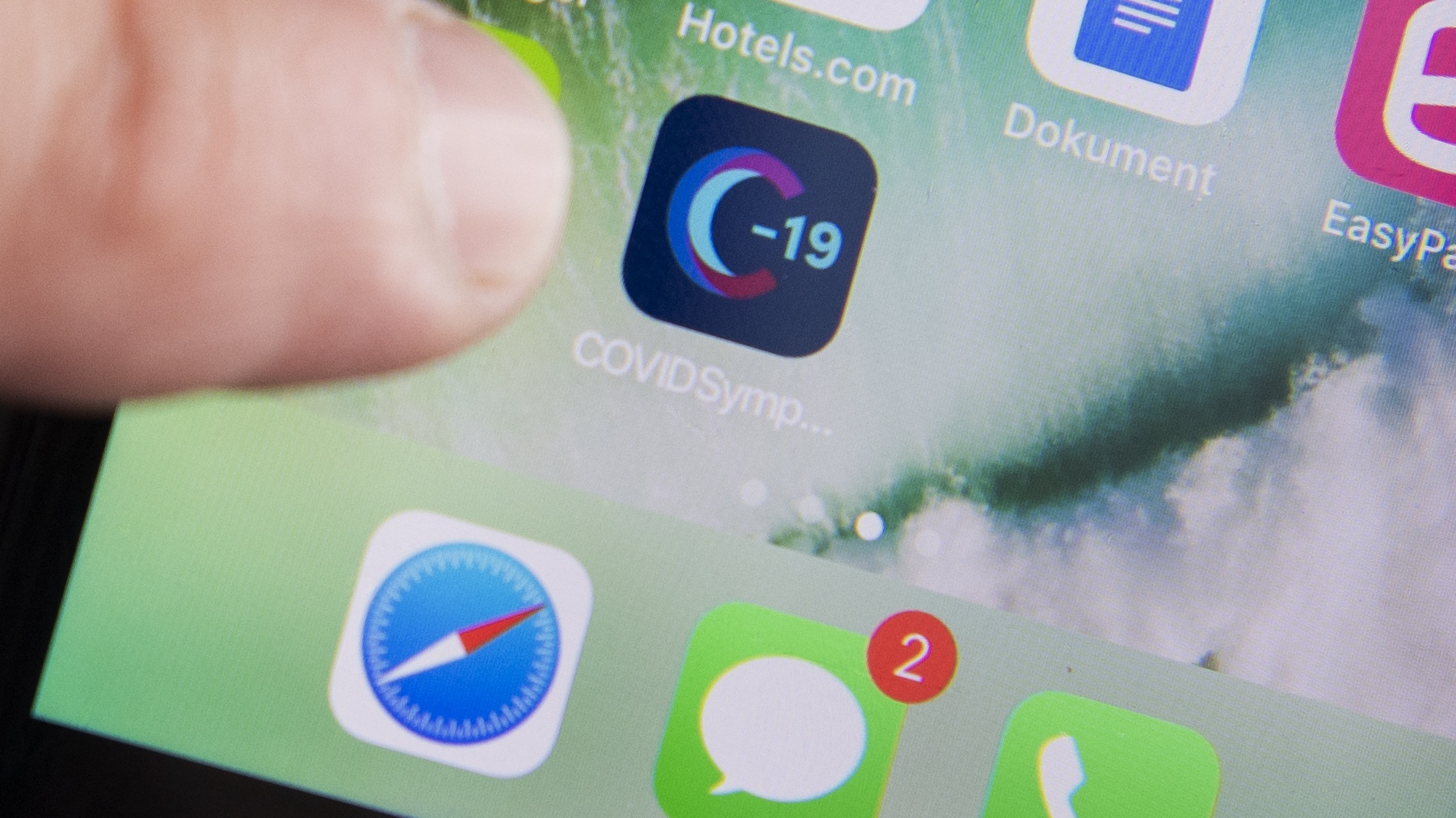Coronavirus: why has the UK contact-tracing app been delayed?
Government forced to push back launch of ‘lockdown ending’ smartphone tool

A free daily email with the biggest news stories of the day – and the best features from TheWeek.com
You are now subscribed
Your newsletter sign-up was successful
The launch of a contact-tracing app at the heart of the UK government’s strategy for easing the coronavirus lockdown has been pushed back to June - triggering calls for an explanation for the delay.
Health Secretary Matt Hancock said last week that the app would be “rolling out in mid May” across England, but ministers have now admitted that the smartphone tool is not ready.
What has gone wrong with the app?
The Week
Escape your echo chamber. Get the facts behind the news, plus analysis from multiple perspectives.

Sign up for The Week's Free Newsletters
From our morning news briefing to a weekly Good News Newsletter, get the best of The Week delivered directly to your inbox.
From our morning news briefing to a weekly Good News Newsletter, get the best of The Week delivered directly to your inbox.
The NHS app uses Bluetooth technology to trace close contact between its users, allowing officials to more easily track the potential spread of infections.
However, NHS insiders told The Guardian that the technology, being trialled on the Isle of Wight, was still being tweaked by developers. “This is a complicated thing to do and get right,” a source said.
The government favours a centralised tracing database, which records the user’s contacts and postcode if they report falling ill.
But Apple and Google, which are helping to develop the app, say that “data should only be retained by a user on their phone”, according to the newspaper. As a result, the NHS development team have been forced to find a series of workaround so that the app can still run smoothly.
A free daily email with the biggest news stories of the day – and the best features from TheWeek.com
As they struggle to fine-tune the tech, Work and Pensions Secretary Therese Coffey has said that plans to begin sending children back to school from 1 June can still go ahead without the track and trace system, reports The Telegraph.
Asked by a BBC Breakfast interviewer whether schools could reopen before the app goes nationwide, she said: “I’m not aware that’s been set as a condition that’s necessary for the phased reopening of primary schools.”
What about the privacy concerns?
An independent analysis by cyberdefence firm Thinking Cybersecurity found that the NHS contact-tracing app poses risks to users’ privacy and could be breached to prevent contagion alerts from being sent.
GCHQ’s National Cyber Security Centre (NCSC) told the BBC that it was aware of most of the issues raised and was in the process of addressing them. However, the security researchers have called for further protections to stop officials using data for any other purposes than tracking coronavirus.
Using tracing technology can “give governments and companies a treasure trove of information on our health and movements - and create a precedent to request more later”, as Quartz has noted. “The danger is when the public becomes used to it.”
And mistakes with data handling are already being made.
Serco, one of the companies hiring and training 15,000 contact tracers for the government, has been forced to apologise after accidentally sharing the email addresses of almost 300 new recruits, reports the London Evening Standard.
The error was made when the firm contacted the recruits about training and included their addresses in the CC section of the email rather than BCC, meaning they were visible to all recipients.
–––––––––––––––––––––––––––––––For a round-up of the most important stories from around the world - and a concise, refreshing and balanced take on the week’s news agenda - try The Week magazine. Start your trial subscription today –––––––––––––––––––––––––––––––
What will contact tracing mean for lockdown?
Tracking the spread of the virus is key to slowing the outbreak and further relaxing the lockdown.
Users of the NHS app who develop Covid-19 symptoms can notify the system, which triggers an anonymous alert to other users with whom they have recently had contact, enabling them to go into quarantine and potentially be tested.
“The viruses then have nowhere to go,” John Swartzberg, clinical professor emeritus in the infectious diseases and vaccinology division at the University of California’s School of Public Health, told The Verge.
And if enough people use the app, lockdown can be largely limiting to those who have symptoms, the people who have had contact with them and those at particularly high risk of death from the virus.
As such, contact tracing is seen as a “crucial component of efforts to safely ease strict lockdown measures further without risking a second wave of coronavirus infections”, adds ITV News.
Which other countries have tracing apps?
The UK joins a long list of countries across the world using contact-tracing apps. Here are some of the nations that have or are planning to implement the technology:
- Angola
- Australia
- Austria
- China
- Czech Republic
- Finland
- France
- Georgia
- Germany
- Greece
- Ghana
- Hong Kong
- Hungary
- Iceland
- India
- Israel
- Italy
- Malaysia
- Netherlands
- New Zealand
- North Macedonia
- Norway
- Poland
- Russia
- Saudi Arabia
- Singapore
- South Korea
- South Africa
- Sri Lanka
- US
- Vietnam